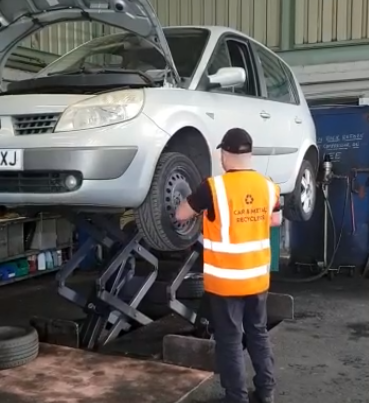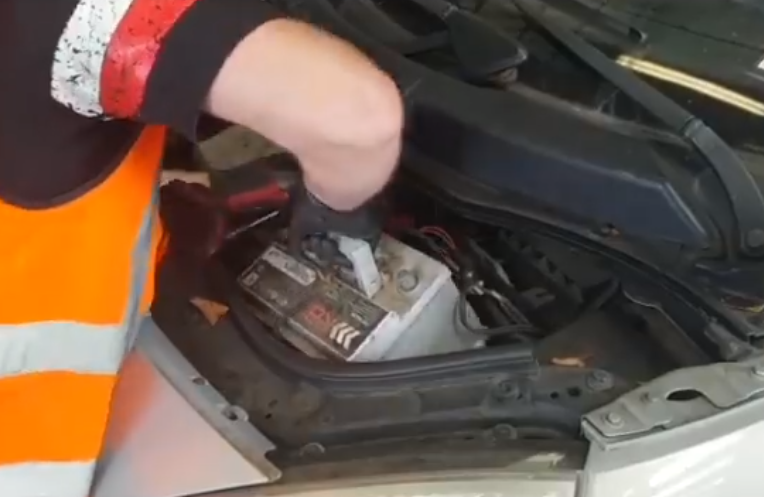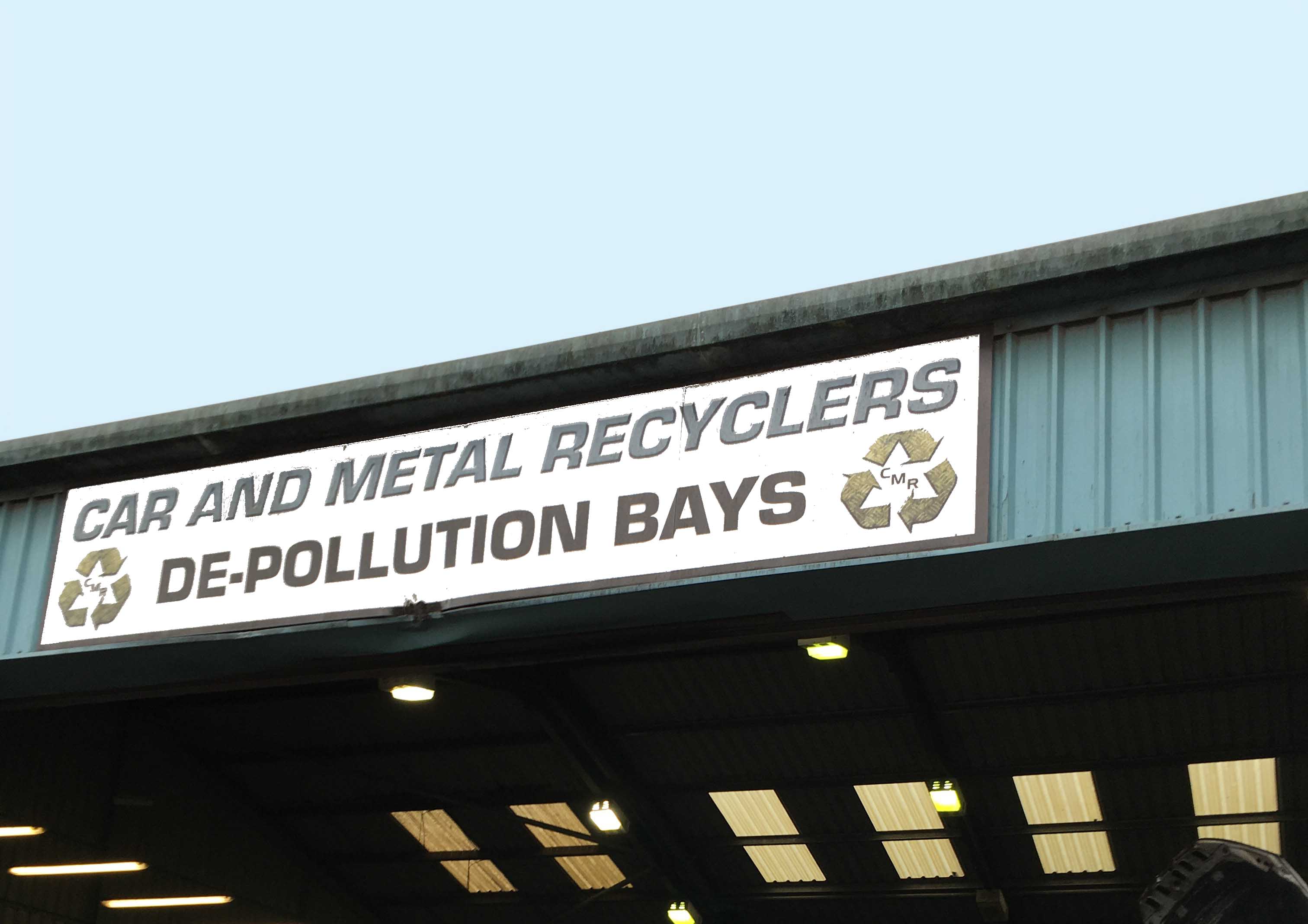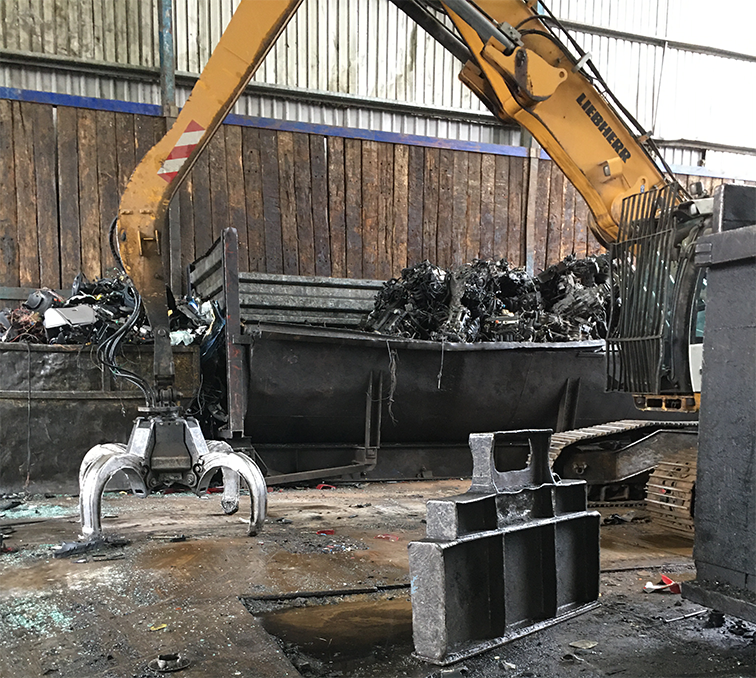Car and Metal Recyclers: End of Life Vehicle Recycling
Car and Metal Recyclers are widely regarded as the area's most modern and professional Authorised Treatment Facility for End of Life Vehicles.
What happens to your scrap car?
Car and Metal Recyclers are an ATF (authorised treatment facility) and as such we work to rigorous standards, set out in legislation by The Environment Agency. The regulations restrict the use of hazardous materials and detail measures that promote recycling.
The steps below detail the depollution and dismantling process that End of Life Vehicles go through once they arrive at our premises.
Depollution
Safe Storage
Engine Removal & Crushing
Administration
Within our four bays we have the capacity of depolluting up to 100 cars every day.
Depollution
Depollution involves removing the:
Battery, fuel, wheels, tyres and lead balance weights. Liquefied gas tank (if present), Liquids - including coolants, antifreeze, brake fluid, air-conditioning. Gas, shock absorber fluid and windscreen wash. Oils - including engine, gearbox, transmission and hydraulic oils, oil filters, parts with mercury, like switches & the catalytic converter.
Potentially explosive materials like air bags and seat belt pre-tensioners are either removed or set off in situ.
Safe Storage
After depollution the vehicle is moved into one of our large storage sheds, with an impermeable surface.
Liquid are stored by type, in separate, clearly labelled, leakproof containers to contain spills or leaks.
Batteries are store safely, upright in clearly labelled, acid-resistant, leakproof containers under cover in weatherproof containers.
We strictly follow the restrictions on mixing hazardous waste. Wastes of the same type, for example different grades of oil, can be stored in the same container but oil is not mixed with other fluids.
Engine Removal & Crushing
We have invested heavily in modern recycling equipment to efficiently handle the engine removal and bailing phases of the ELV handling process.
All equipment is energy efficient, maintained to a very high standard and regularly checked and serviced.
Professional, fully trained staff operate the machinery in a safe and secure environment.
The engine is removed using one of our Liebherr scrap handling cranes.
The shell is then placed in our Lefort 600 tonne shear baler where it is crushed into a block to be sold on.
Administration
When depollution is completed, CMR issues a Certificate of Destruction allowing the vehicle to be deregistered, only an Authorised Treatment Facility can legally issue a Certificate of Destruction.
The Certificate of Destruction is your proof to the DVLA that the vehicle has been taken to a registered ATF waste site and it is no longer on the road.
You must also bring with you the Vehicle Log Book (V5C) to prove vehicle ownership - you will retain the yellow "sell, transfer or exchange" section.




